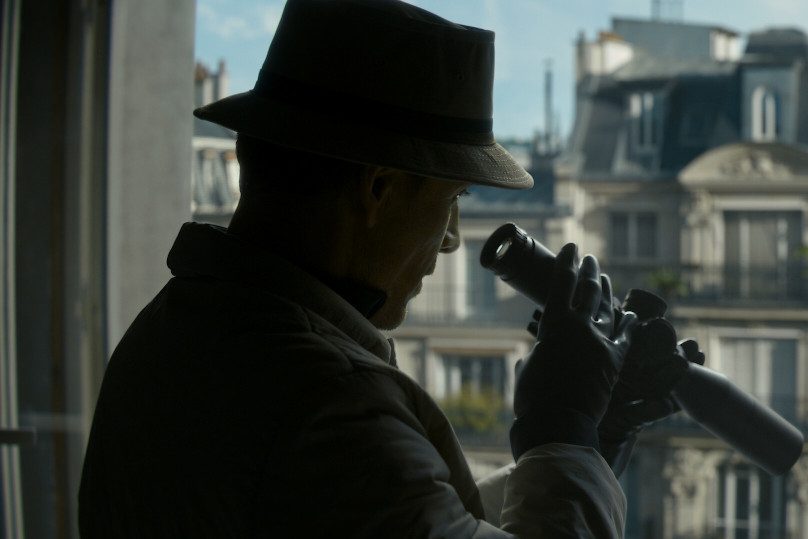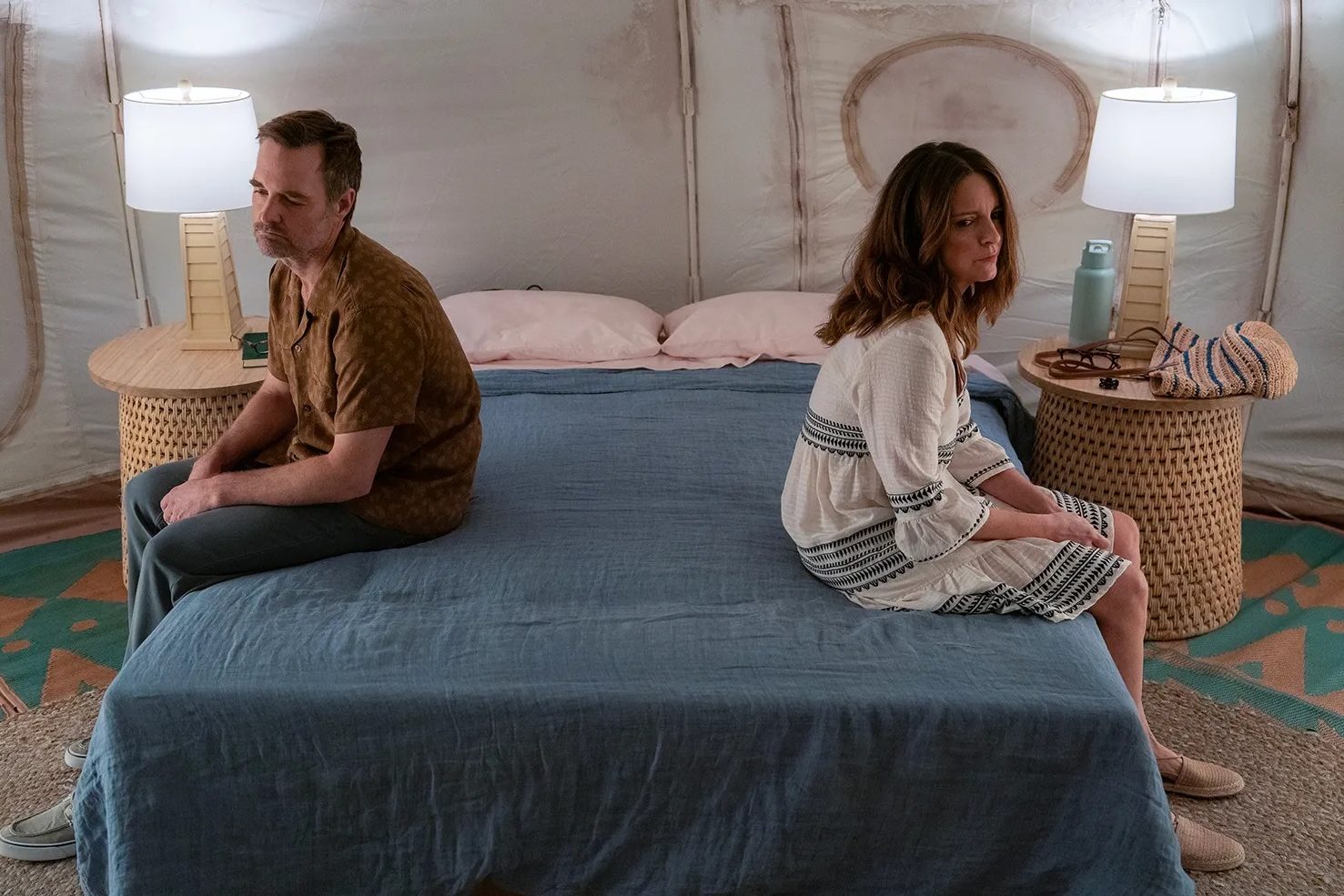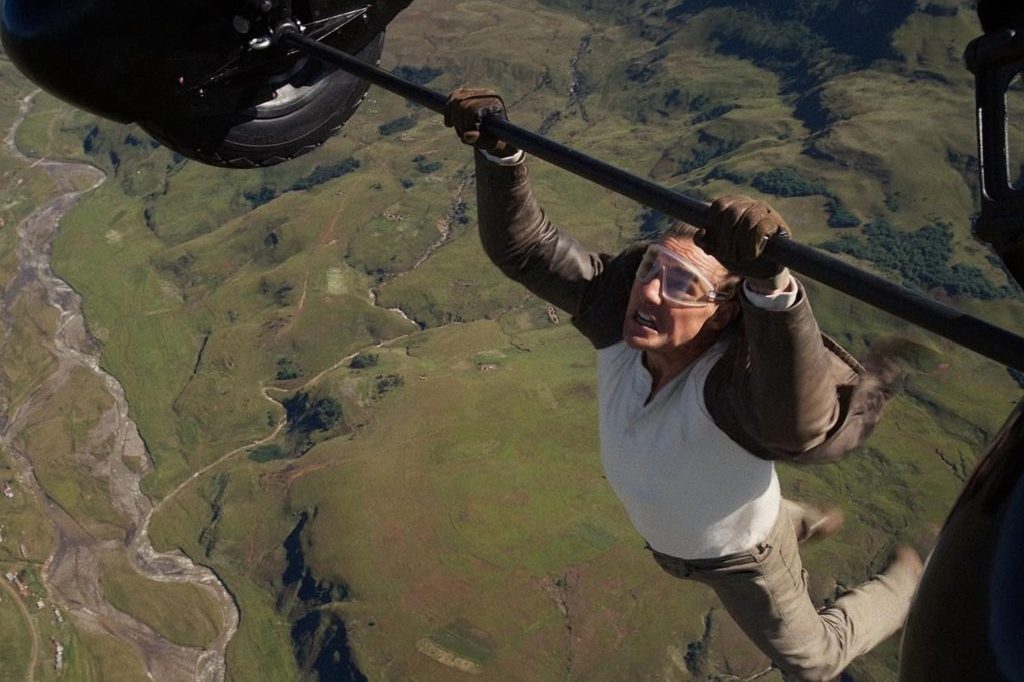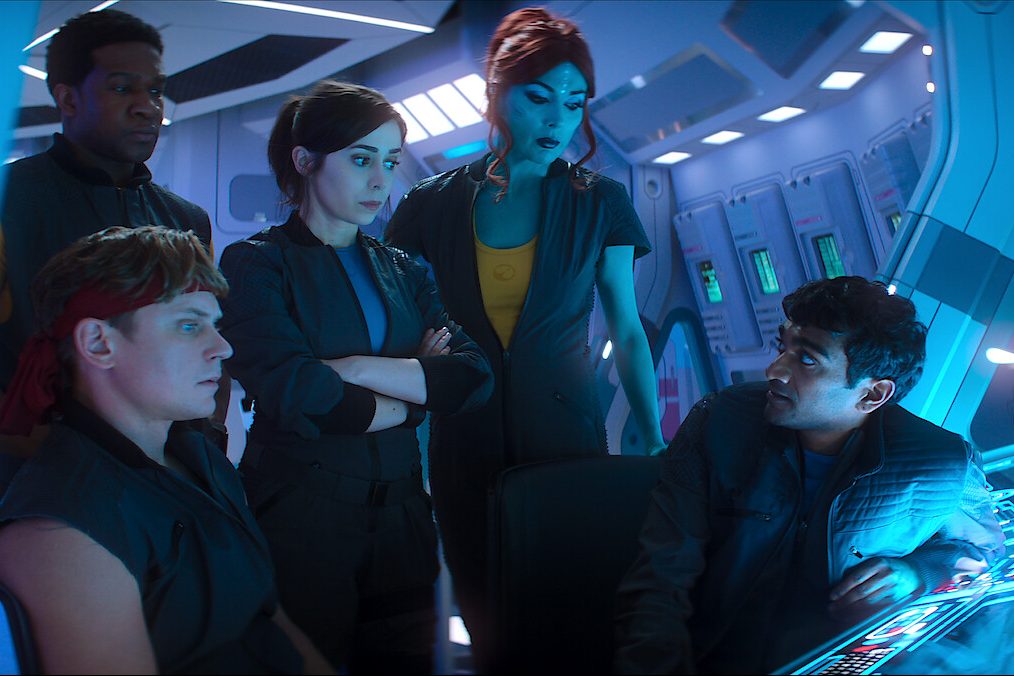In the Nineties, David Fincher established himself as the cult director for a certain type of cineaste. After the misstep of Alien 3 (underrated, still not great), he came back triumphantly with the still-astonishing serial killer thriller Se7en, and then established his credentials with the millennial satire Fight Club. It was a box-office flop but attracted an immediate, fervent following who latched onto its director as a near-prophetic figure, capable of combining visual pizzazz acquired from his days as a music video director with a mordant, dark wit. He became one of those filmmakers who could simply be referred to by the initiated by his surname, like Scorsese or Spielberg. His closest collaborator was the screenwriter Andrew Kevin Walker, who wrote Se7en and contributed to Fight Club, and seemed to share the director’s unusual strain of humor.
Yet the keepers of the Fincher flame would be disappointed over the next couple of decades. He made bleak, chilly pictures, such as The Girl with the Dragon Tattoo and the real-life serial killer film Zodiac that were unsuccessful at the box office. He had enormous success with The Social Network and Gone Girl, but both depended for their impact on the source material, namely the story of the creation of Facebook and Gillian Flynn’s bestselling novel. His 2008 time-bending romantic drama, The Curious Case of Benjamin Button, was widely denounced by his greatest (read: most obsessive) admirers as a sell-out, due to its absence of extreme violence and misanthropy; less partisan observers, though, detected a dark streak of perversity running through the material that gave what might have been a standard-issue prestige picture a suitably off-kilter touch.
Those who have kept the faith, however, seem now to have had their patience rewarded. After a relatively quiet decade in which Fincher has collaborated with Netflix on the police procedural series Manhunter and the Herman J. Mankiewicz biopic Mank, he has returned with the suitably bleak-looking thriller The Killer, starring Michael Fassbender as an international assassin who finds himself battling his former employers after being betrayed by them. It was first announced in 2007, but only now has this adaptation of a French graphic novel finally made it to the screen.
Ahead of its Venice premiere this week, Netflix has released the teaser trailer, and it looks sensational. It features a combination of typical Fincher visual flair and hints of large-scale action set-pieces, all set against a Fassbender voiceover (in which he appears to be using his native Irish accent) that comes laden with doom: “Stick to your plan…trust no-one… stick to the plan… forbid empathy… stick to the plan… anticipate, don’t improvise.” His voice then breaks down into a series of disjointed, paranoid utterances, presumably mirroring the mental breakdown of the film’s protagonist. And Fincher’s Benjamin Button actress Tilda Swinton, looking ever more like David Bowie, makes an appearance too, in a part rumored to be that of Fassbender’s handler.
It was widely assumed that Fincher wanted to make a third series of Mindhunter but was prevented from doing so by Netflix, whom he has suggested was reluctant to pay for the expensive show. Certainly, there have been many abortive projects in his career, ranging from a remake of the British sci-fi series Utopia, to the big-budget Jules Verne adventure 20,000 Leagues Under the Sea. Yet this full-throttle picture, which reunites Fincher with Walker for the first time since Fight Club, looks as if it’s going to be a return to nineties form for the director, completing a loose trilogy that has waited more than a decade for its realization.
This might, though, be deceptive. Fincher has flirted with simple escapism in his career before (as in 2002’s home invasion thriller Panic Room), but he has always taken delight in subverting generic expectations. So those expecting a slice of pulpy assassin fun might end up being dismayed by something that could well be closer tonally to the existential dread of the sixties thriller Le Samouraï. With Fassbender returning from a few years in the cinematic wilderness to his first leading role since 2017’s unsuccessful The Snowman, the Fincher faithful will be hoping that The Killer represents a return to “their” kind of film. We shall see soon enough if they are disappointed.





















